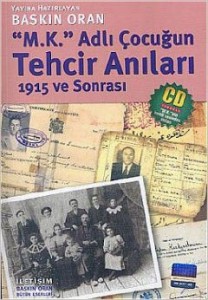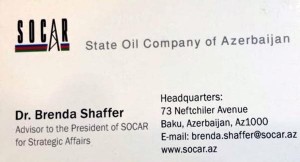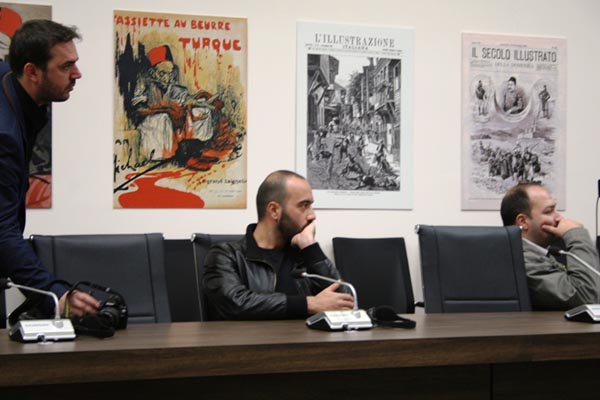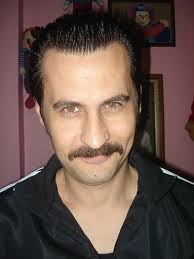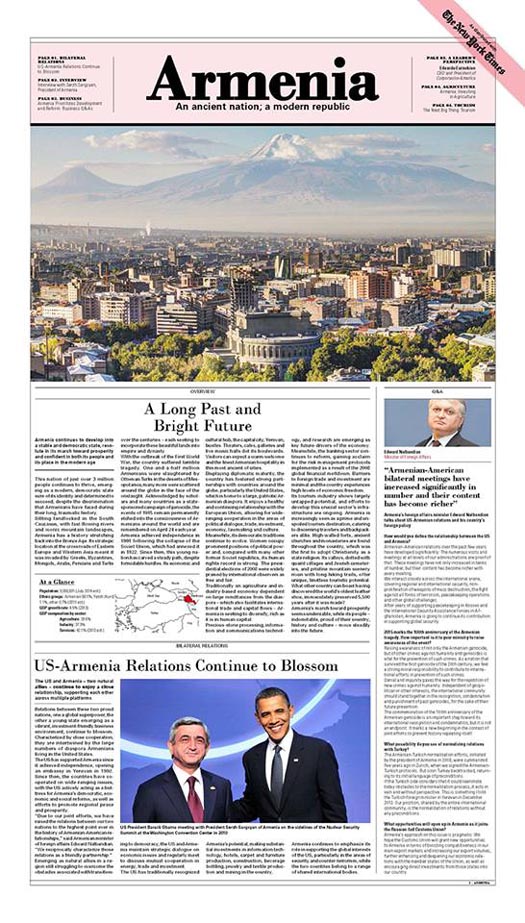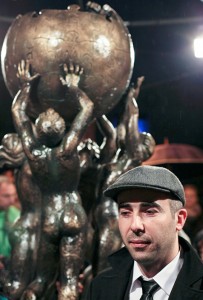YEREVAN — Nikolay Ryzhkov, a senior member of the Council of the Federation of the Russian Federal Assembly believes that Nagorno-Karabakh will be entitled to join the Eurasian Economic Union (EEU) only if its status is finally determined. Meanwhile, according to him, Crimea will be part of the emerging trade bloc as “primordially Russian landâ€.
As veteran co-chair of the Armenian-Russian Inter-Parliamentary Committee on Cooperation, Ryzhkov attended its 25th meeting in Yerevan on Thursday. In Armenia, which on October 10 signed a treaty on acceding to the EEU and prepares to become a full member of the Russian-led bloc beginning on January 1, 2015, the Russian legislator was also asked about the status of Nagorno-Karabakh in the future alliance.
“As soon as the issue of Nagorno-Karabakh is solved, we will be pleased to see it as part of the EEU. As to how it will be solved, whether it is a separate state or part of Armenia, as they say, time will sow,†Ryzhkov said, stressing that, for example, Transnistria, which is a disputed territory in Moldova, cannot become a member of the EEU either because of the same issue with its undetermined status.
“If the status of Nagorno-Karabakh is determined as Armenian territory, then there will be no problems. But today the issue is suspended,†Ryzhkov said.
In response to a reporter’s question why Russia can enter the EEU together with Crimea, and Armenia cannot do the same with Karabakh, Ryzhkov answered: “You try to compare Crimea with Karabakh… I understand that Karabakh is a painful topic for Armenia, for us – as well, but in case of Crimea let me not agree with you. Crimea is historically a Russian land, for centuries we were one territory, and we have no fault in the fact that [Nikita] Khrushchev was drunk when he handed it to Ukraine.â€
Ryzhkov was one of the top government leaders in the late Soviet period. In 2008, the Armenian Government awarded Ryzhkov its highest state decoration, the National Hero of Armenia, in recognition of his significant personal contribution to the reconstruction in Armenia after the 1988 Spitak earthquake.
At an EEU summit in Astana in May Kazakh President Nursultan Nazarbayev cited a letter from Azerbaijan’s President Ilham Aliyev, demanding that Armenia join the trade bloc within its “internationally recognized bordersâ€, i.e. without Nagorno-Karabakh, which is de-facto part of Armenia’s economic space today. Armenia did not contest the idea of formally entering the EEU without Nagorno-Karabakh but, at the level of statements by senior politicians and statesmen, rejected the possibility of having customs houses at the border with NKR.
After the October 10 signing of the treaty on Armenia’s accession to the EEU in Minsk, Belarus, Nazarbayev said that “we managed to reach a compromise on the delicate question that we asked [in Astana] about the borders within which Armenia joins the EEU; this question has already been removed.â€
The Armenian leadership has not yet elaborated on what kind of ‘compromise’ was reached.
In an interview with Armenia TV on October 12, Deputy Foreign Minister of Armenia Shavarsh Kocharian only said that the treaty had no references to the installation of customs checkpoints between Armenia and Nagorno-Karabakh and that trade between Armenia and Nagorno-Karabakh “will continue the way it is now.â€
Nikolay Ryzhkov: Karabakh Can Become EEU Member After its Status is Determined
